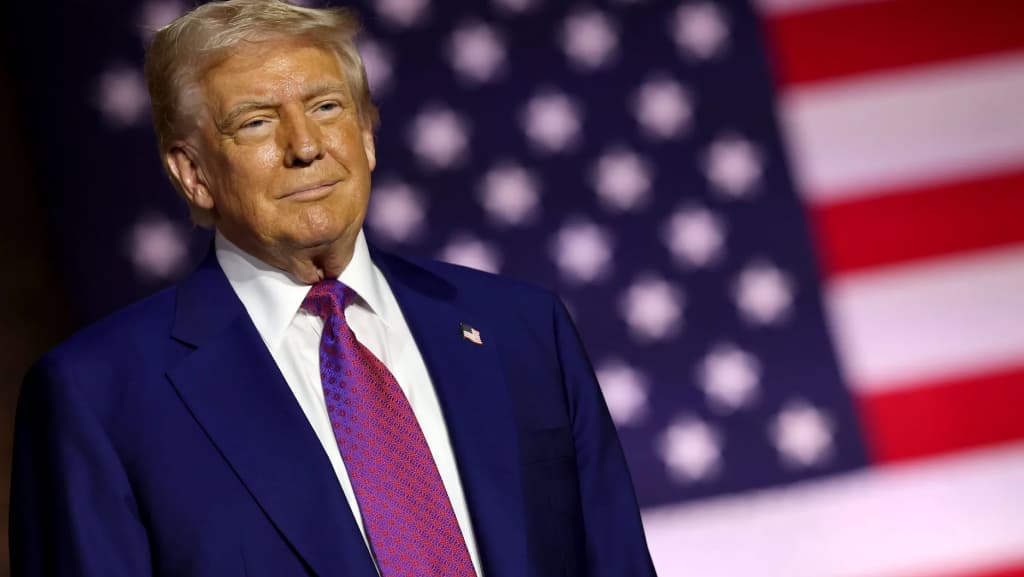
U.S. Withdraws From UNESCO Again, Citing ‘Woke Agenda
Trump’s decision reignites debate over America’s role in global institutions
The United States will once again pull out of the United Nations Educational, Scientific and Cultural Organization (UNESCO), President Donald Trump’s administration announced this week, marking a renewed rejection of the UN cultural body. The decision follows a months-long review ordered by Trump in February 2025, which flagged concerns over UNESCO’s diversity and inclusion policies, perceived anti-Israel bias, and growing Chinese influence.
White House deputy spokesperson Anna Kelly said in a statement, “President Trump has decided to withdraw the United States from UNESCO—which supports woke, divisive cultural and social causes that are totally out-of-step with the commonsense policies that Americans voted for in November.” The withdrawal will take effect on December 31, 2026.
This isn’t the first time Trump has exited UNESCO. He previously withdrew the U.S. from the agency in 2018 during his first term, citing similar concerns, particularly the organization’s recognition of Palestine as a member state. That decision was reversed in 2023 by President Joe Biden, who argued that U.S. re-engagement was necessary to counter China's rising influence and restore American leadership in global governance.
UNESCO Responds with Regret
UNESCO’s Director-General Audrey Azoulay expressed “deep regret” over the U.S. withdrawal, stating that while the announcement was expected, it remains a blow to the organization’s mission.
“The reasons put forward by the United States to withdraw from the organization are the same as seven years ago, even though the situation has changed profoundly,” Azoulay said. She emphasized that the agency had reformed its structure and diversified funding, now receiving only 8% of its budget from Washington.
French President Emmanuel Macron also weighed in, calling UNESCO “a universal protector of science, education, and culture,” and offering his “unwavering support” for the organization.
Underlying Tensions: DEI, Palestine, and China
The Trump administration’s review found fault with several UNESCO initiatives, including a 2023 anti-racism toolkit and the 2024 “Transforming MEN’talities” campaign, which aimed to challenge harmful gender norms globally. Officials described these programs as “ideologically driven” and inconsistent with America First policies.
The State Department also criticized UNESCO for what it called a pro-Palestinian and anti-Israel stance. One key issue is UNESCO’s recognition of Palestinian heritage sites, some of which include Jewish holy sites. Trump’s administration said such actions undermine Israeli sovereignty and promote “anti-Jewish rhetoric.”
Adding to U.S. concerns is China’s growing influence in the agency. A White House official claimed that Beijing, now the second-largest funder of UNESCO, is using its position to “shape global standards in line with its interests.”
Historical Context and Global Reactions
The U.S. has a complicated history with UNESCO. It first withdrew in 1984 under Ronald Reagan, returned in 2003 under George W. Bush, and exited again in 2018 under Trump. Each departure cited concerns over the agency’s politicization and mismanagement.
Israel praised the latest decision, with Foreign Minister Gideon Sa’ar thanking the U.S. for its “moral support and leadership.” Meanwhile, many allies expressed disappointment, fearing the exit could weaken multilateral cooperation and leave a vacuum China might fill.
UNESCO is best known for designating World Heritage Sites and promoting international standards in education, science, and culture. The Grand Canyon, Yellowstone National Park, and the Statue of Liberty are among the U.S. landmarks recognized by the organization.
What Happens Next?
The withdrawal process will unfold over the next year and a half, concluding at the end of 2026. In the meantime, the U.S. will likely scale back participation and funding.
While Trump’s administration frames the move as a stand against globalism and ideological overreach, critics argue it isolates the U.S. and hands strategic advantage to rivals.
Azoulay closed her statement with a reminder: “UNESCO continues to serve as one of the rare spaces where countries come together to find common ground. Turning away from that weakens not just the organization, but the spirit of international cooperation itself.”
For any enquiries or information, contact info@thelawreporters.com or call us on +971 52 644 3004. Follow The Law Reporters on WhatsApp Channels